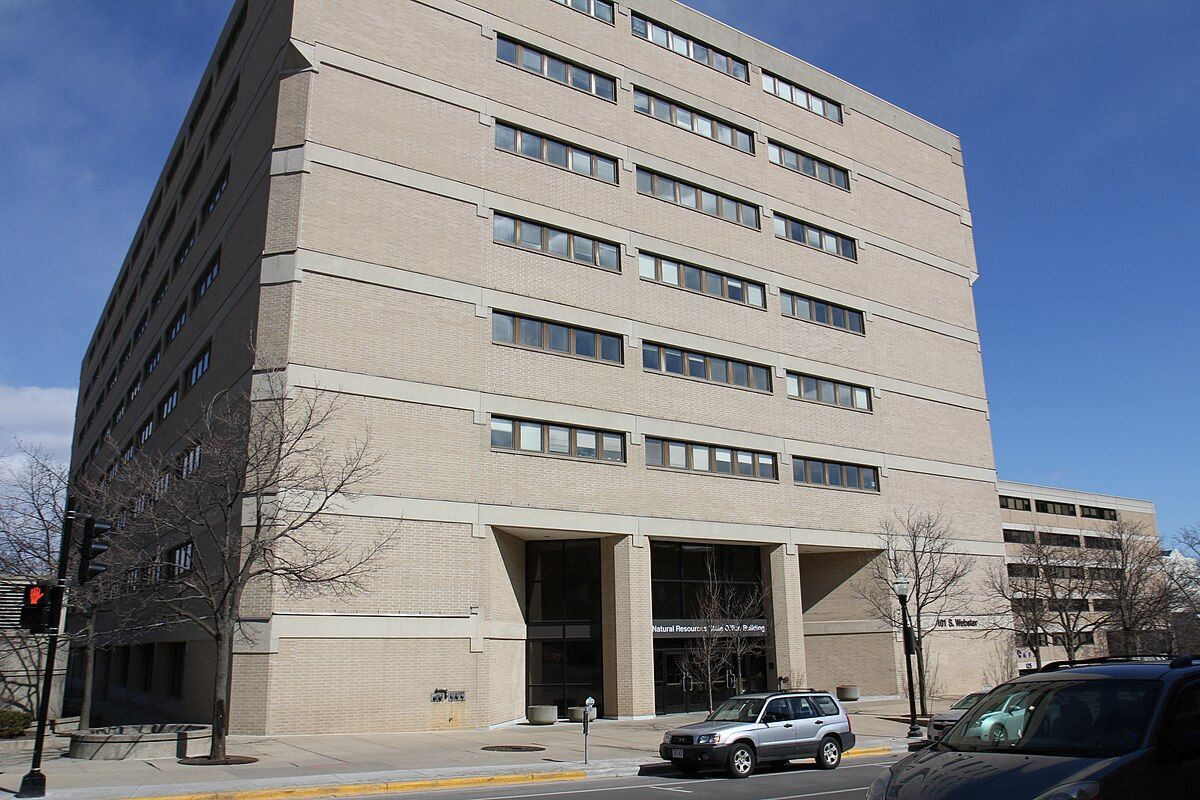
What does the Wisconsin Department of Natural Resources (DNR) do? The Wisconsin DNR manages the state's natural resources, ensuring their protection and sustainable use. They oversee activities like hunting, fishing, and camping while maintaining parks, forests, and wildlife areas. They also enforce environmental laws, monitor water quality, and promote conservation efforts. By balancing recreation with preservation, the DNR helps keep Wisconsin's natural beauty intact for future generations. Whether you're an outdoor enthusiast or just curious about nature, understanding the DNR's role can deepen your appreciation for Wisconsin's rich environmental heritage. Ready to learn more? Let's dive into 15 fascinating facts about the Wisconsin DNR!
The Wisconsin Department of Natural Resources: An Overview
The Wisconsin Department of Natural Resources (DNR) plays a crucial role in managing the state's natural resources. From forests to wildlife, the DNR ensures that Wisconsin's natural beauty and resources are preserved for future generations.
-
The Wisconsin DNR was established in 1967. It was created to consolidate various conservation and environmental protection functions under one agency.
-
The DNR manages over 1.6 million acres of state-owned land. This includes state parks, forests, and wildlife areas.
-
Wisconsin's DNR is responsible for regulating hunting and fishing. They issue licenses and set seasons to ensure sustainable wildlife populations.
Wildlife Conservation Efforts
The DNR is deeply involved in wildlife conservation, ensuring that diverse species thrive in Wisconsin's ecosystems.
-
The DNR has reintroduced several species to Wisconsin. This includes the successful reintroduction of elk in the 1990s.
-
They monitor endangered species. The DNR keeps track of species like the whooping crane and the Karner blue butterfly to ensure their survival.
-
The DNR runs the Wisconsin Breeding Bird Atlas. This project collects data on bird populations to help with conservation planning.
Environmental Protection Initiatives
Protecting the environment is a key mission of the DNR. They implement various programs to keep Wisconsin's air, water, and land clean.
-
The DNR enforces air quality standards. They monitor pollutants and work to reduce emissions from industrial sources.
-
They manage water quality programs. This includes regulating wastewater treatment and protecting drinking water sources.
-
The DNR oversees the cleanup of contaminated sites. They work to remediate areas affected by hazardous substances to protect public health and the environment.
Outdoor Recreation and Education
The DNR also promotes outdoor activities and educates the public about natural resources.
-
The DNR maintains over 2,500 miles of trails. These trails are used for hiking, biking, snowmobiling, and other recreational activities.
-
They offer educational programs for all ages. Programs like "Project WILD" teach children about wildlife and conservation.
-
The DNR operates numerous state parks. These parks provide opportunities for camping, fishing, and exploring nature.
Forest Management
Wisconsin's forests are a vital resource, and the DNR plays a significant role in their management.
-
The DNR manages over 1.5 million acres of state forests. They ensure sustainable logging practices and protect forest ecosystems.
-
They provide assistance to private forest landowners. The DNR offers guidance on forest management and conservation practices.
-
The DNR runs the Forest Fire Protection Program. This program helps prevent and control wildfires to protect forests and communities.
The Final Word on Wisconsin DNR
The Wisconsin Department of Natural Resources (DNR) plays a crucial role in managing the state's natural resources. From wildlife conservation to water quality and forest management, the DNR ensures Wisconsin's natural beauty and resources are preserved for future generations. They offer educational programs, enforce environmental laws, and provide recreational opportunities for residents and visitors alike. Understanding the DNR's work helps us appreciate the efforts behind maintaining Wisconsin's rich natural heritage. Whether you're an outdoor enthusiast, a student, or just someone who cares about the environment, knowing these facts about the DNR can deepen your connection to Wisconsin's natural world. So next time you hike a trail, fish in a lake, or simply enjoy the state's natural beauty, remember the DNR's dedication and hard work. It’s a partnership between the DNR and the public that keeps Wisconsin's environment thriving.
Was this page helpful?
Our commitment to delivering trustworthy and engaging content is at the heart of what we do. Each fact on our site is contributed by real users like you, bringing a wealth of diverse insights and information. To ensure the highest standards of accuracy and reliability, our dedicated editors meticulously review each submission. This process guarantees that the facts we share are not only fascinating but also credible. Trust in our commitment to quality and authenticity as you explore and learn with us.
